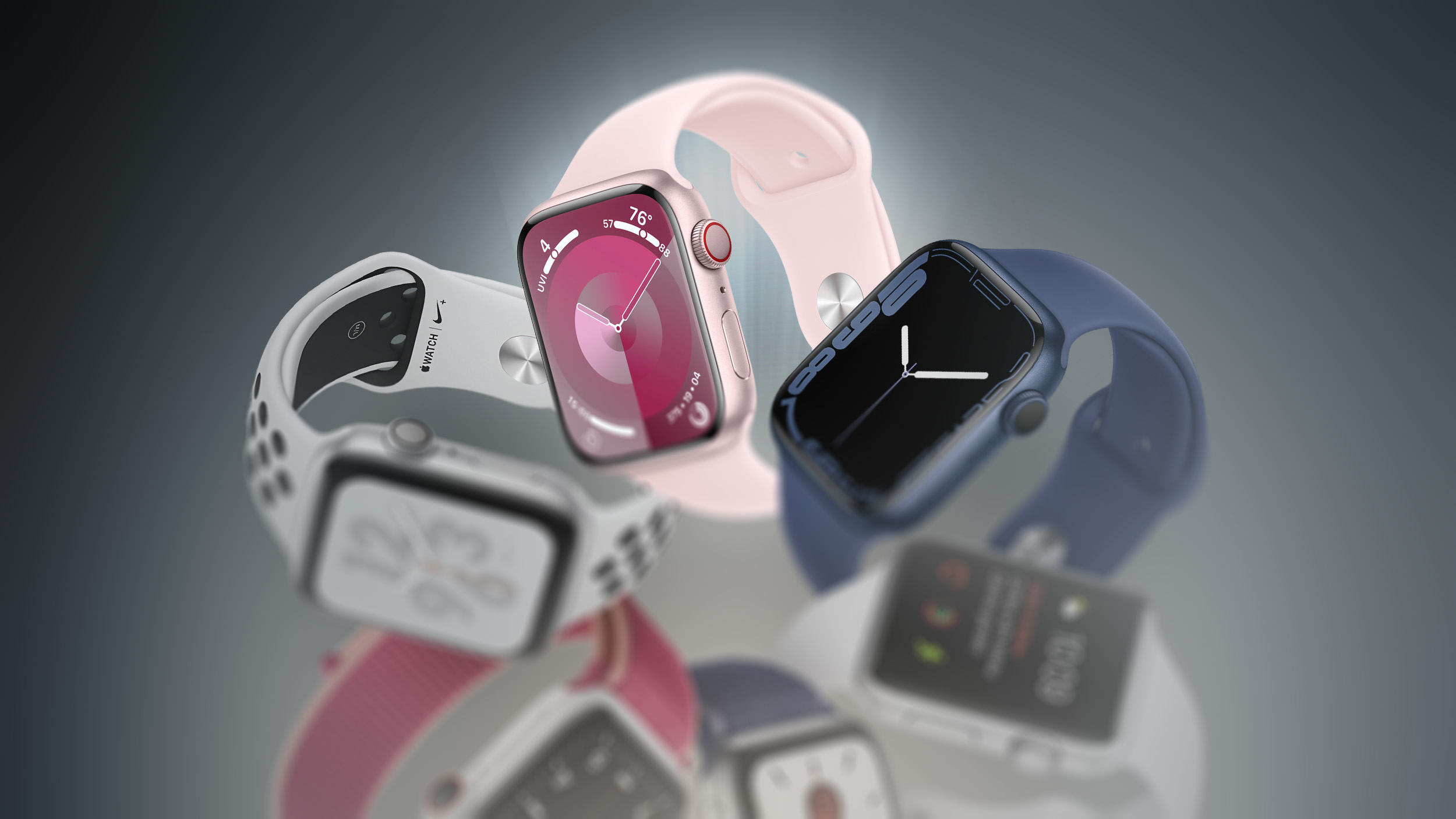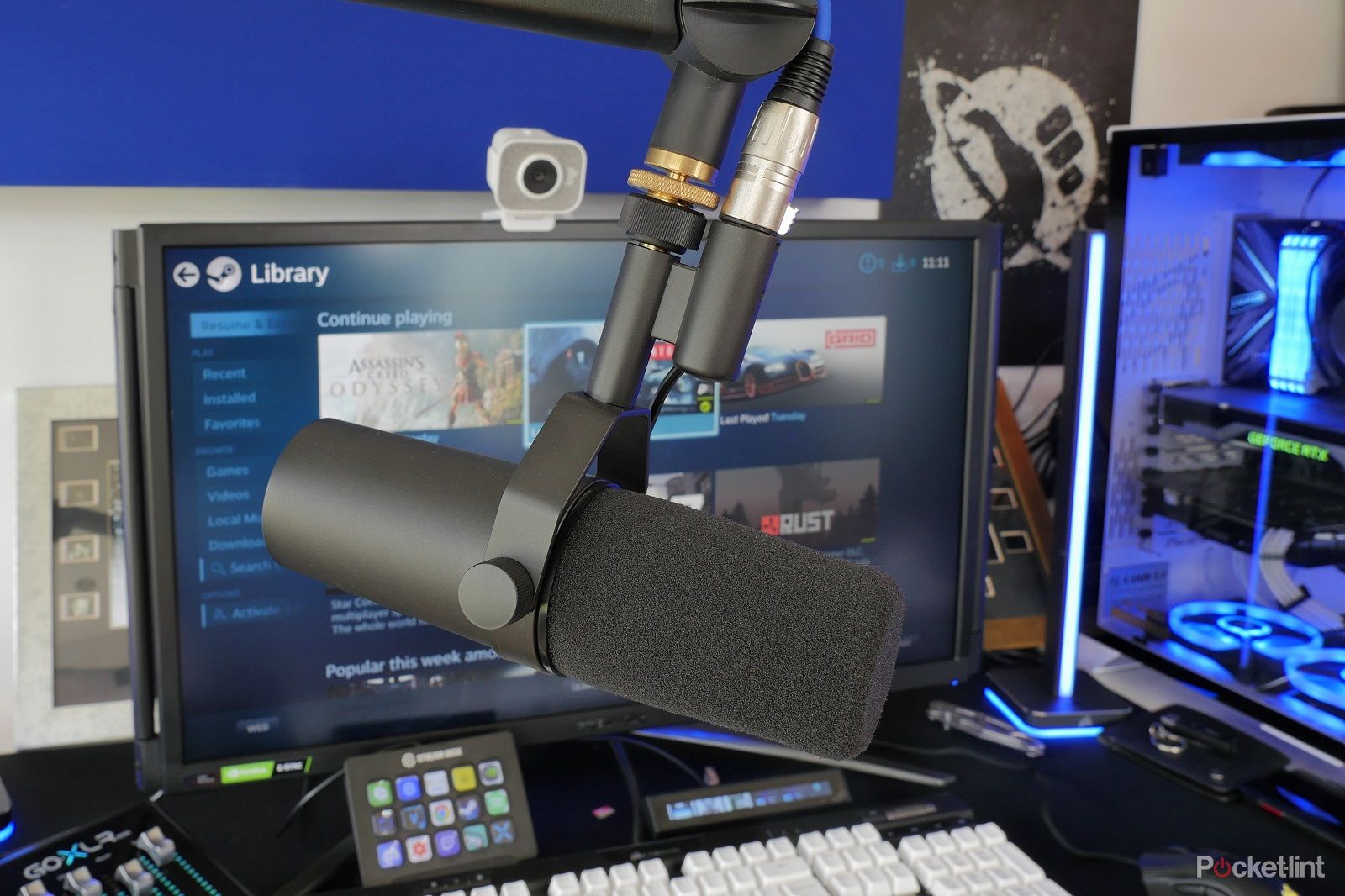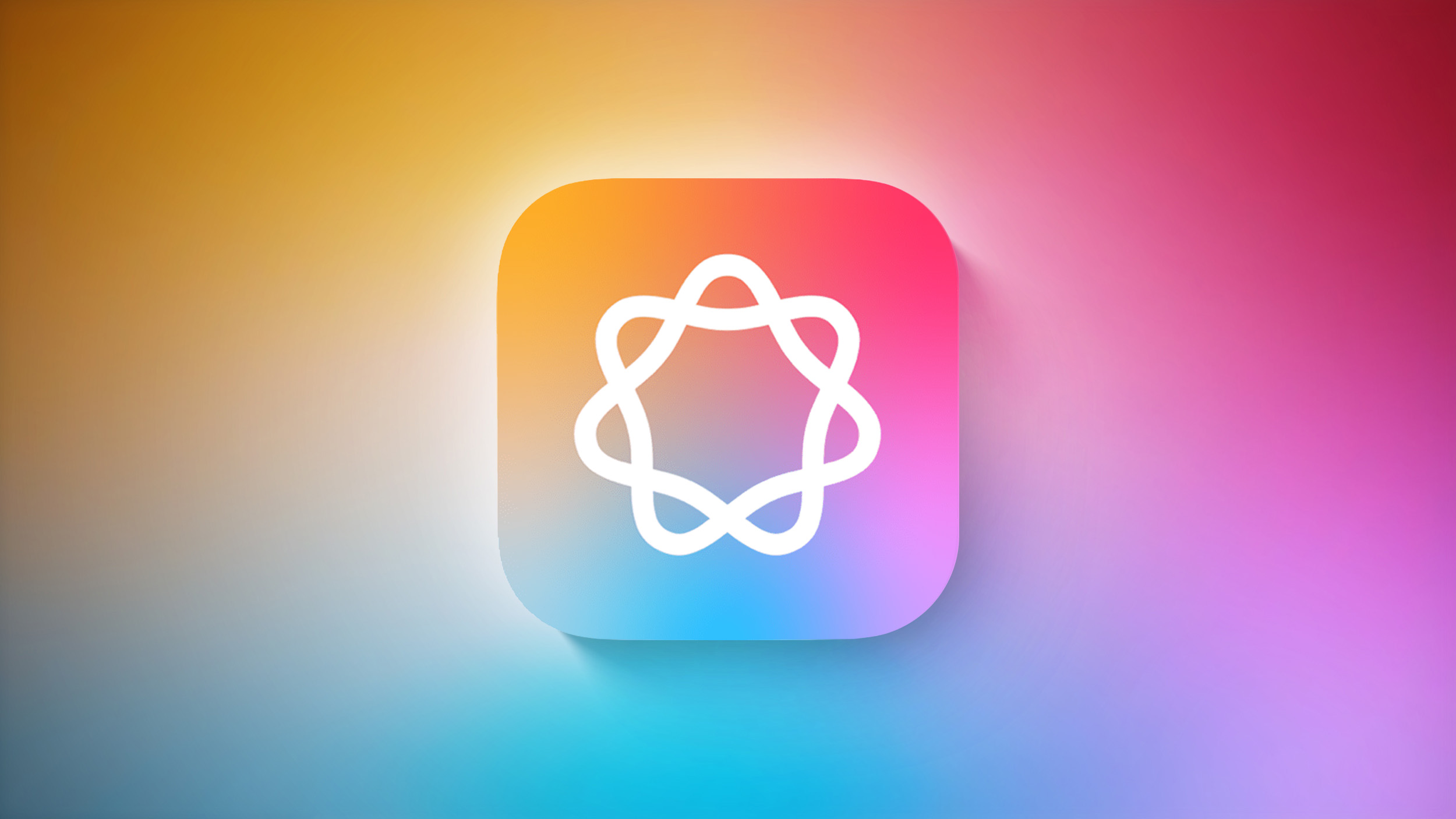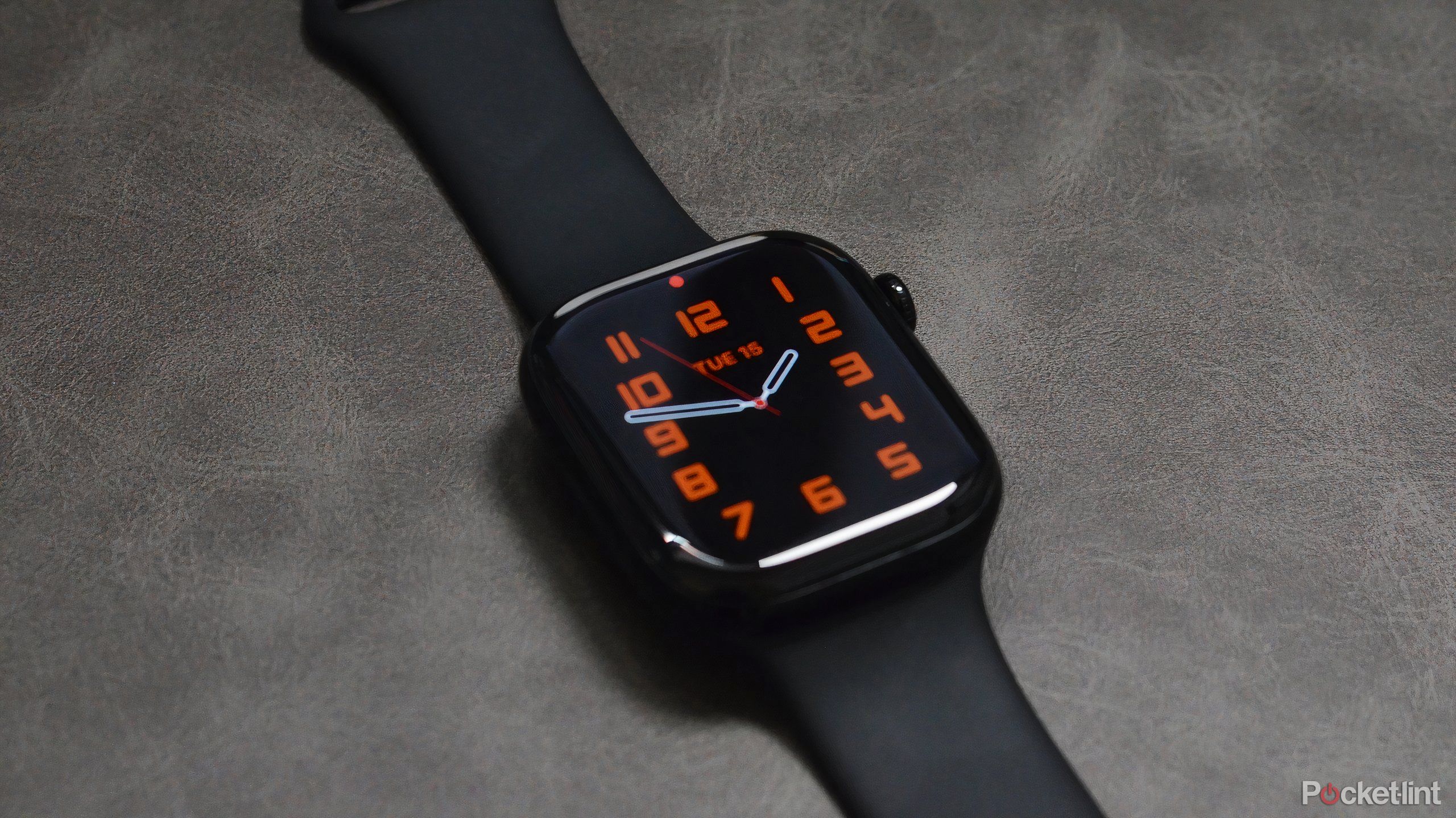Apple Watch Series 9 Buyer’s Guide: How Incremental Upgrades Stack Up Over the Years

The Apple Watch has received some incremental updates in recent years, with significant upgrades becoming fewer and farther between as the device has progressed. Since the Apple Watch’s generation-over-generation enhancements are relatively small, it is all the more important to consider when an upgrade is justified and whether an older model could suffice for your needs.
The Apple Watch Series 9‘s headline upgrade is the S9 chip, bringing improved performance to the Apple Watch for the first time in four years and facilitating features like Double Tap. It is priced starting at $399. Last year’s Series 8 introduced body temperature sensing and Crash Detection, but the last moderately significant update for the device was 2021’s Series 7, which introduced larger display sizes and fast-charging capability. All previous Apple Watch models from before the Series 9 have been discontinued, but older models may still be found for even lower prices from third-party retailers or second-hand.
Read on to see the breakdown below for each new feature, change, and improvement that was added with each Apple Watch model compared to its direct predecessor. Viewing each generation’s changes in this way helps weigh up the accumulative upgrades one receives by skipping multiple generations when buying a new device, as well as get a sense of which generations offered the biggest overall upgrades.
Apple Watch Series 9 (2023)
Retina display with up to 2,000 nits of brightness
Display can get dimmer in dark rooms and at night (down to 1 nit of brightness)
Double Tap gesture
S9 chip (based on A15 Bionic)
4-core Neural Engine (x2 faster than Series 8)
Siri processed on-device for requests that do not need information from the internet
Siri can access health and fitness data
25% more accurate dictation
Second-generation Ultra Wideband chip
Precision Finding for iPhone 15 models
HomePod proximity integration
64GB storage
Pink aluminum casing introduced
Apple Watch Series 8 (2022)
S8 chip (same CPU as S6)
More powerful gyroscope and high dynamic range accelerometer
Crash Detection
Body temperature sensor
Wrist temperature sensing during sleep
Cycle tracking with retrospective ovulation estimates
Blue and Green aluminum casings discontinued, Silver aluminum reintroduced
Apple Watch Edition discontinued
Apple Watch Series 7 (2021)
41mm and 45mm case sizes
1.7mm display borders for almost 20% more screen area than Series 6
QWERTY keyboard
Up to 70% brighter display than Series 6 indoors when wrist is down
S7 chip (Same CPU as S6)
Crack-resistant front crystal (50% thicker)
IP6X dust resistance
Fast charging for up to 80% charge in about 45 minutes (33% faster than Series 6)
Silver and Space Gray aluminum casings discontinued, Midnight, Starlight, and Green introduced
Apple Watch Series 6 (2020)
Up to 2.5x brighter always-on display
Access Notification Center, Control Center, and Complications when display is asleep
S6 chip (based on A13 Bionic, 20% faster than S5)
Always-on altimeter
First-generation Ultra Wideband chip
2.4GHz and 5GHz Wi-Fi
Blood oxygen sensor
Faster charging for a full charge in under 1.5 hours
Improved battery life for tracking certain workouts, such as indoor and outdoor runs
Blue and (PRODUCT)RED aluminum casing options introduced
Space Black stainless steel casing available with Apple Watch Hermès only, Graphite option introduced
Ceramic Apple Watch Edition discontinued
Apple Watch Series 5 (2019)
Always-on Retina display
Force Touch removed
S5 chip
Compass
32GB storage
Apple Watch Edition reintroduced with White Ceramic, Natural Titanium, and Space Black Titanium casing options
Apple Watch Series 4 (2018)
40mm and 44mm case sizes
Over 30% larger display with curved corners
3.0mm display borders
S4 chip (2x faster than S3)
Gyroscope and accelerometer
Barometric altimeter
Fall detection
2.4GHz Wi-Fi
Optical heart sensor and electrical heart sensor for ECG
16GB storage
Digital Crown with haptic feedback
50% louder speaker
Relocated microphone for reduced echo and better sound quality
Faster charging for a full charge in 1.5 hours
Gold stainless steel casing introduced
Apple Watch Edition discontinued
Apple Watch Series 3 (2017)
S3 chip (70% faster than S2)
Barometric altimeter
Bluetooth 4.2
Siri able to speak through the onboard speaker
LTE cellular model available with red Digital Crown
Rose Gold aluminum casing discontinued
Gray Ceramic Apple Watch Edition model introduced
Apple Watch Series 2 (2016)
Retina display with up to 1,000 nits of brightness (2x brighter than previous generation)
S2 chip (dual‑core)
GPS and GLONASS receiver
Water resistant up to 50 meters
Gold and Rose Gold aluminum casing options added
18K Gold and Rose Gold Apple Watch Edition discontinued, Ceramic model introduced in White
Apple Watch Nike+ variant introduced
The Apple Watch Series 9 does not seem to provide a meaningful upgrade for most Series 7 and Series 8 users. If you have an Apple Watch Series 6 or older, upgrading to the Apple Watch Series 9 will generally be worthwhile, with plenty of new features across the board. Discounted Apple Watch Series 7 and Series 8 models are also a good option for those coming from a Series 6 or older if you are looking to save money.
According to Bloomberg‘s Mark Gurman, Apple has considered moving the Apple Watch away from an annual upgrade cycle to offer more substantial updates less frequently. Next year’s Apple Watch “Series X” is rumored to be a significant update to mark the tenth anniversary of the device, featuring thinner casings, larger displays, microLED technology, larger batteries, blood pressure monitoring, and a new mechanism for connecting bands.
This article, “Apple Watch Series 9 Buyer’s Guide: How Incremental Upgrades Stack Up Over the Years” first appeared on MacRumors.com
Discuss this article in our forums




